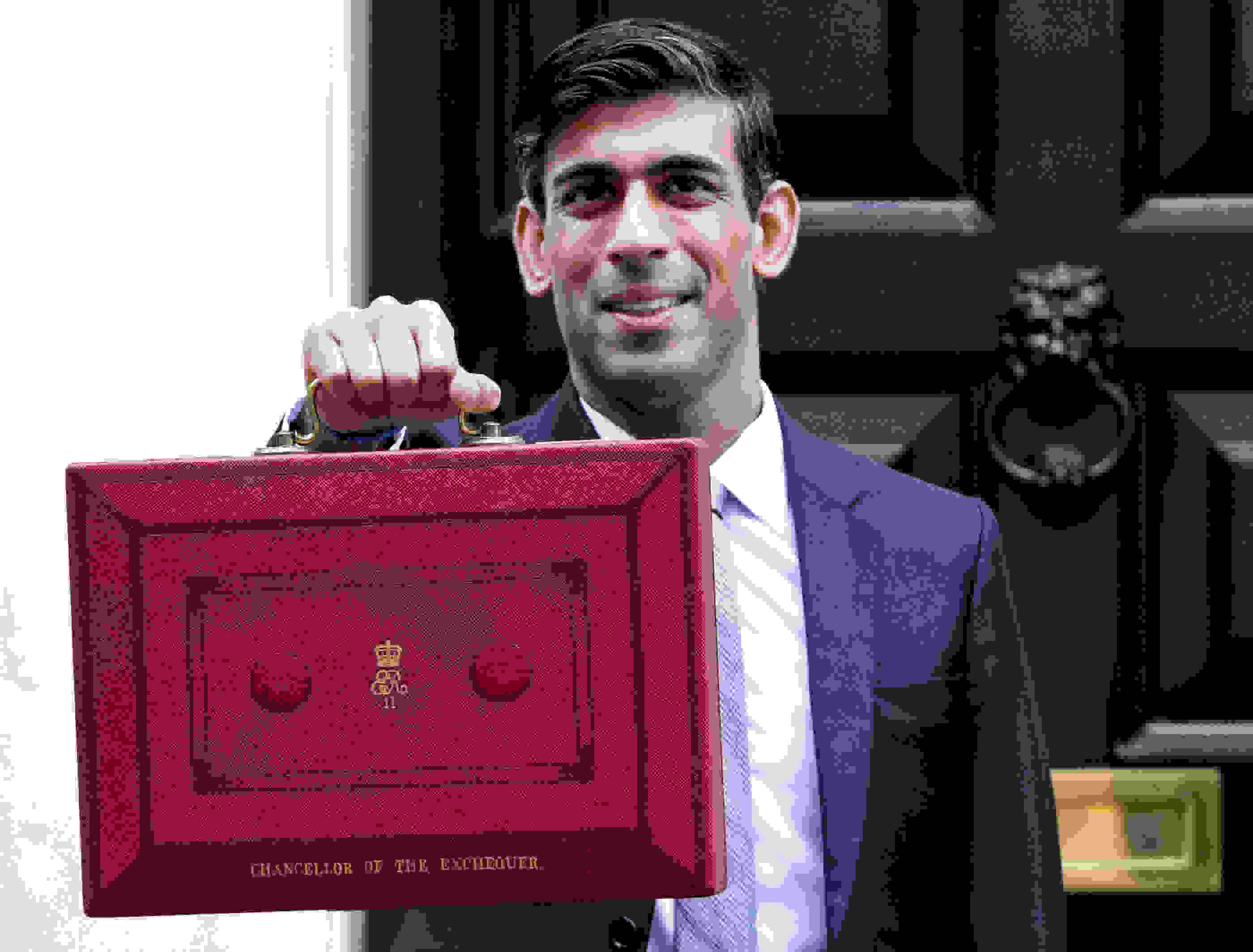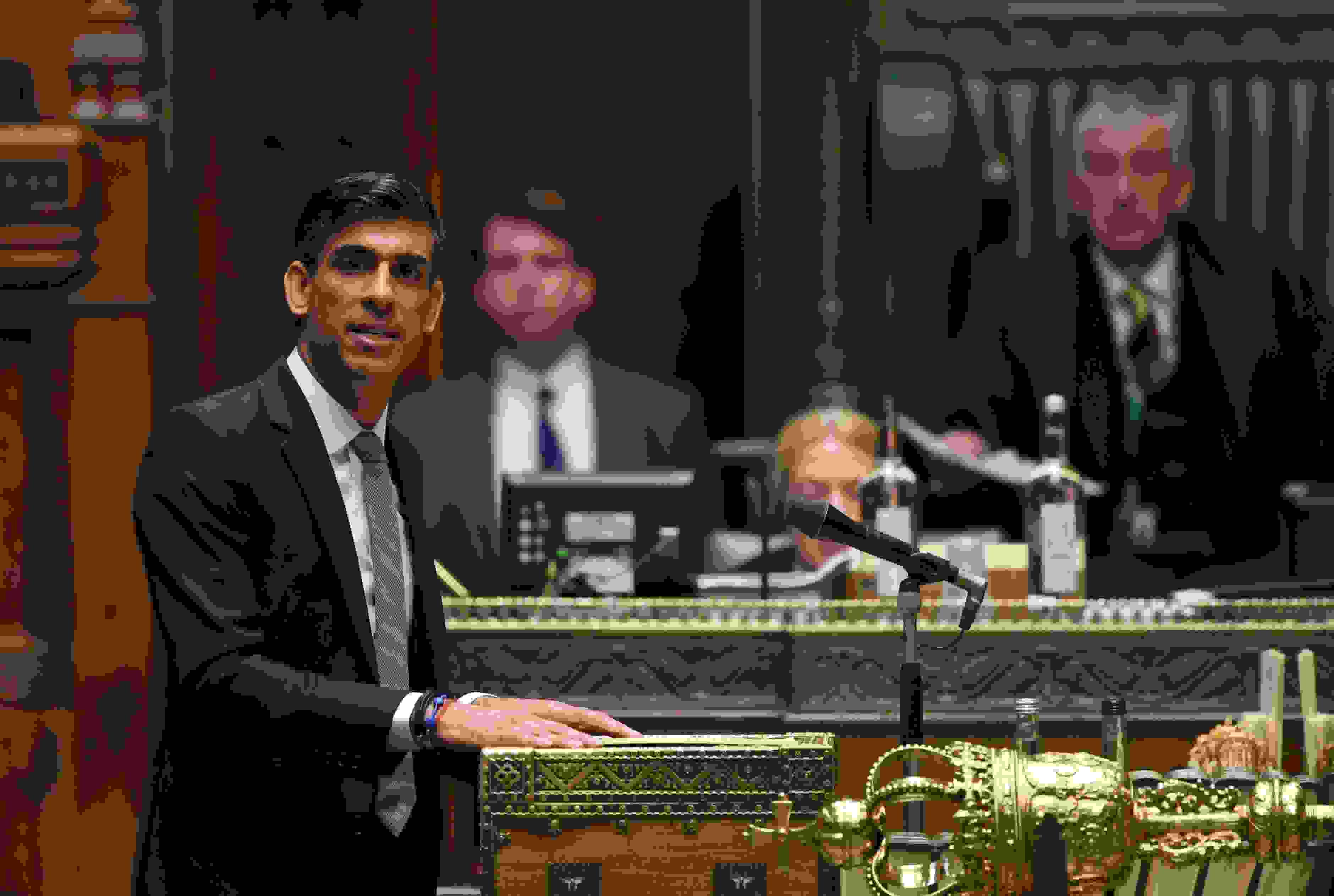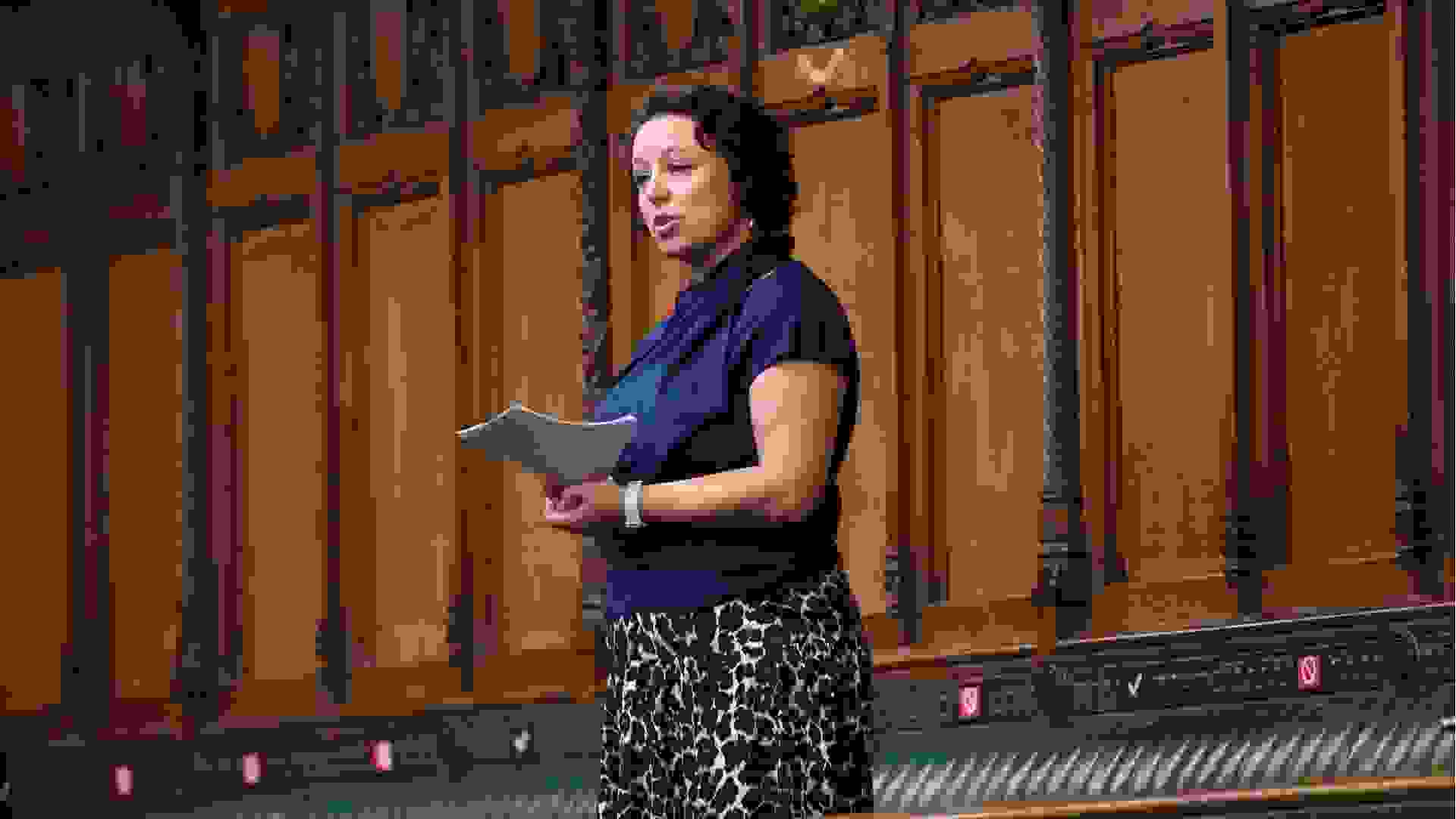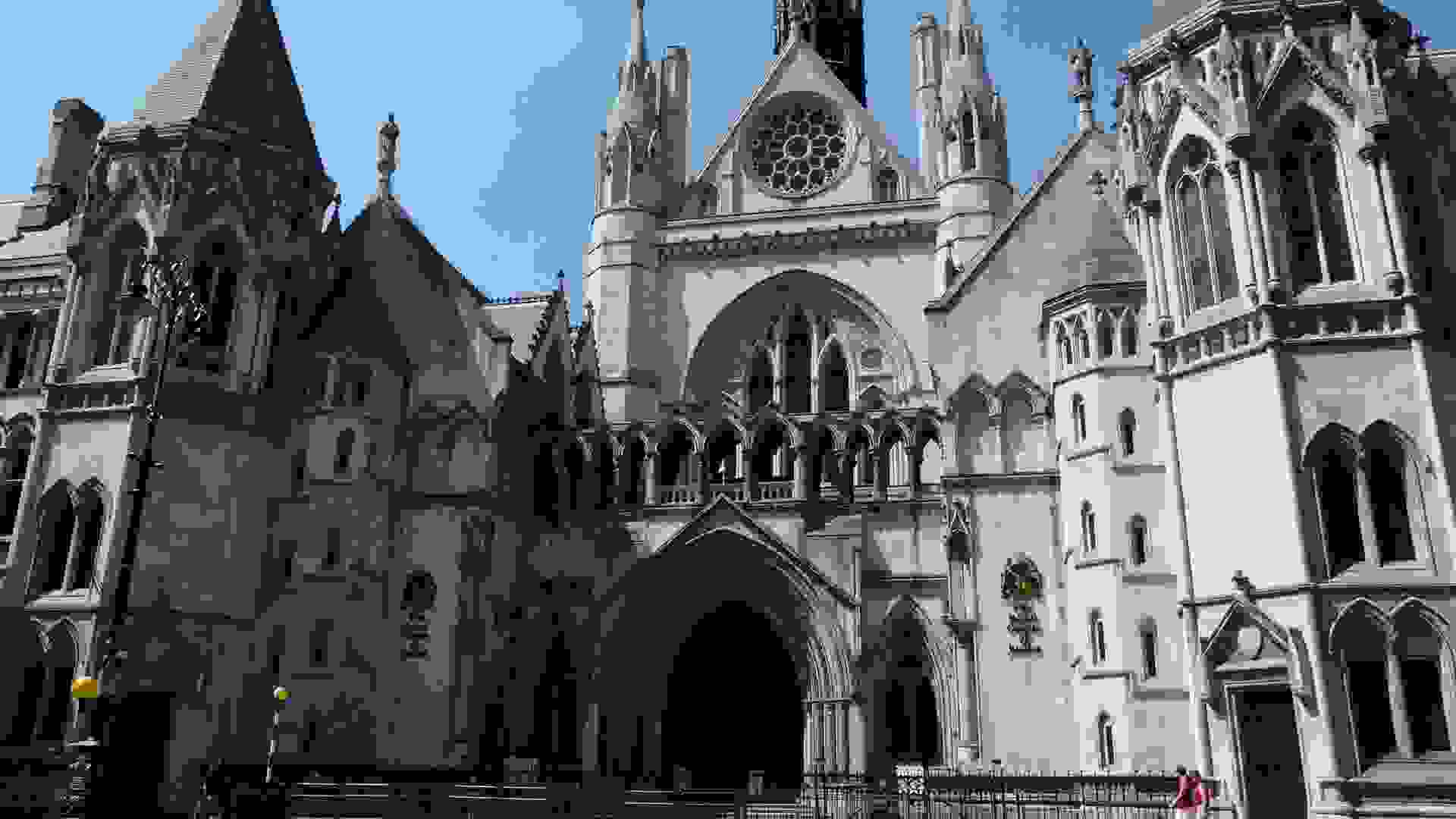Parliamentary scrutiny
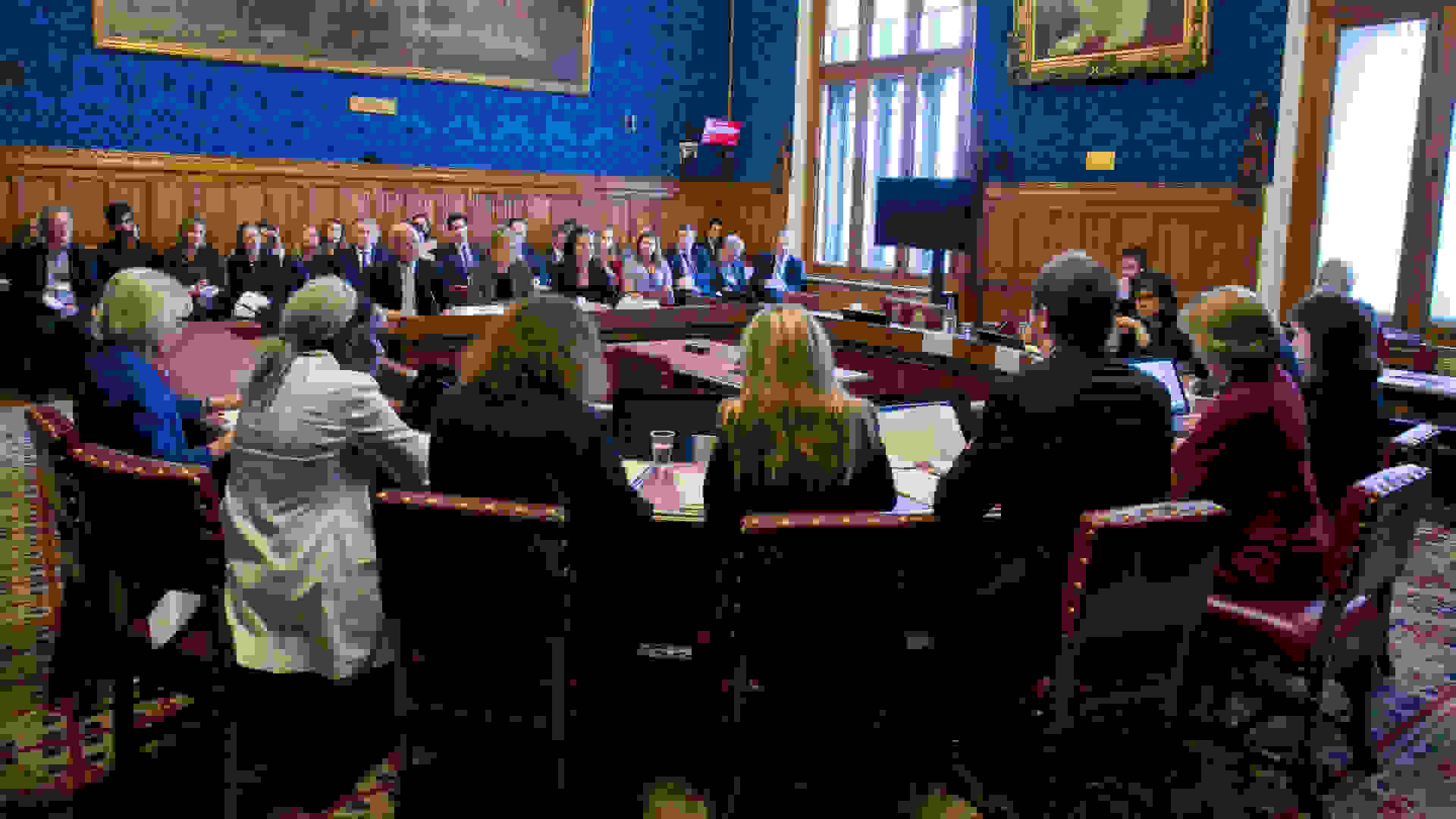
A core function of Parliament is the holding of government to account through effective scrutiny, including of policy-making and implementation, and the use of public money. At Westminster, scrutiny mechanisms include parliamentary questions and select committees. How well do such scrutiny mechanisms work, and how might they be improved?
Latest
Blog / Back to the future? House of Commons scrutiny of EU affairs after Lord Frost's exit
The recent rearrangement of responsibilities for the government’s handling of EU-related affairs raises questions about future parliamentary scrutiny of these issues. In some respects pre-2016 institutional arrangements are restored, but the post-Brexit landscape presents new scrutiny challenges which thus far MPs have not confronted.
Guides / Financial Scrutiny: the Budget
In order to raise income, the government needs to obtain approval from Parliament for its taxation plans. The Budget process is the means by which the House of Commons considers the government’s plans to impose 'charges on the people' and its assessment of the wider state of the economy.
Guides / The Finance Bill
The Finance Bill enacts the government's Budget provisions – its income-raising proposals and detailed tax changes. Parliament's scrutiny and authorisation of these taxation plans are crucial in holding the government to account – between elections – for the money it raises and spends.
Blog / Did you get the memo? Post-legislative scrutiny and the case of judicial review
The government has established an independent review of judicial review – but post-legislative scrutiny has not yet been conducted on the previous reform of the system, in the Criminal Justice and Courts Act 2015. This is typical of the low priority given to post-legislative scrutiny by both government and Parliament.
Blog / How is the Petitions Committee representing the public amid the procedural and practical restrictions of the Covid crisis?
Catherine McKinnell MP, Chair of the House of Commons Petitions Committee, sets out how the Covid-19 crisis has significantly increased the public's use of e-petitions while limiting the House's ability to debate them. This has prompted the Committee to innovate, to ensure that petitioners' voices are heard during the crisis.
Browse all 'Parliamentary scrutiny'
